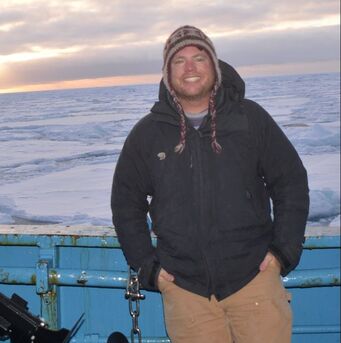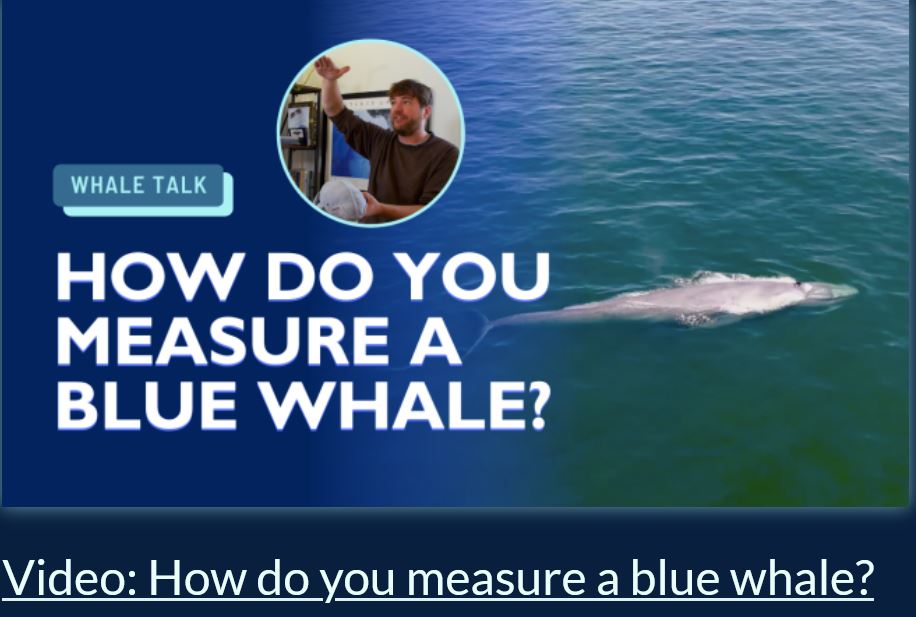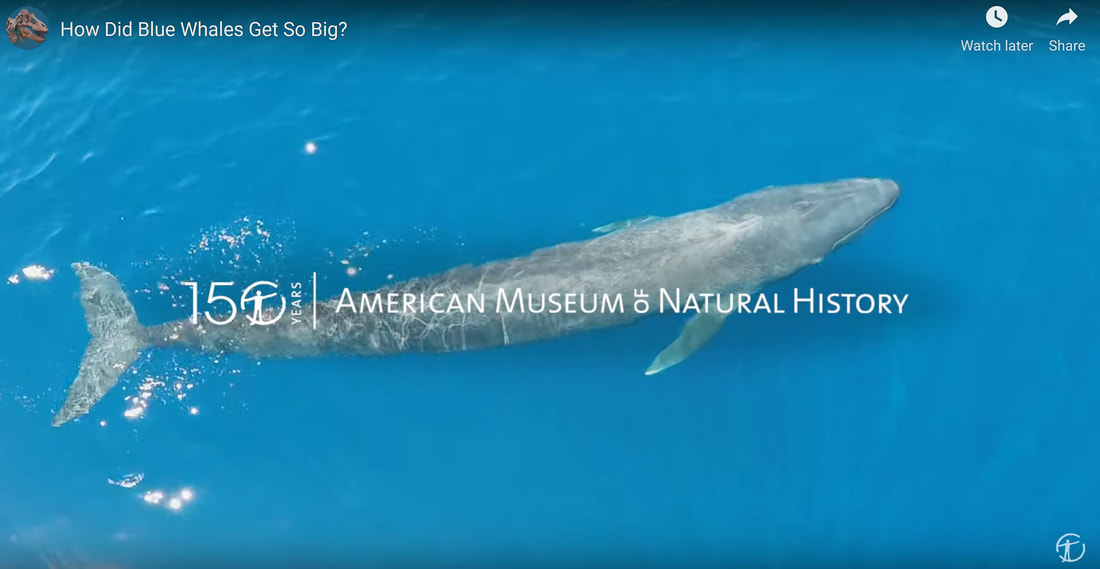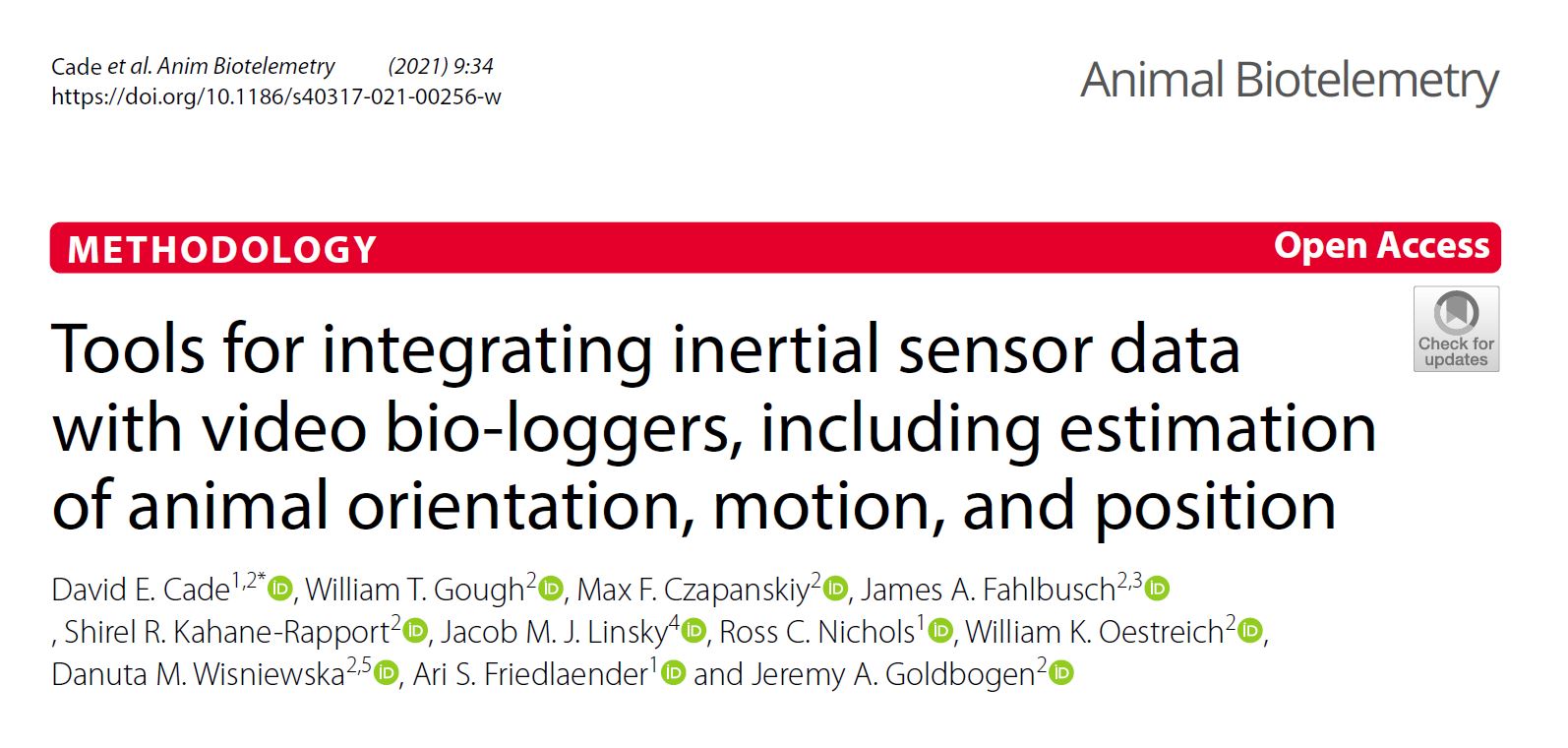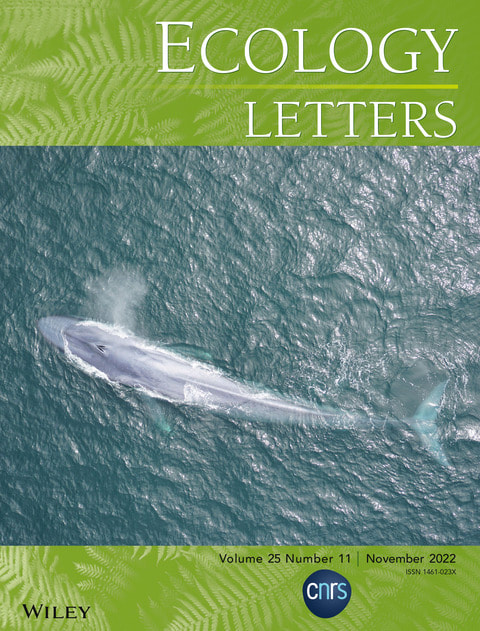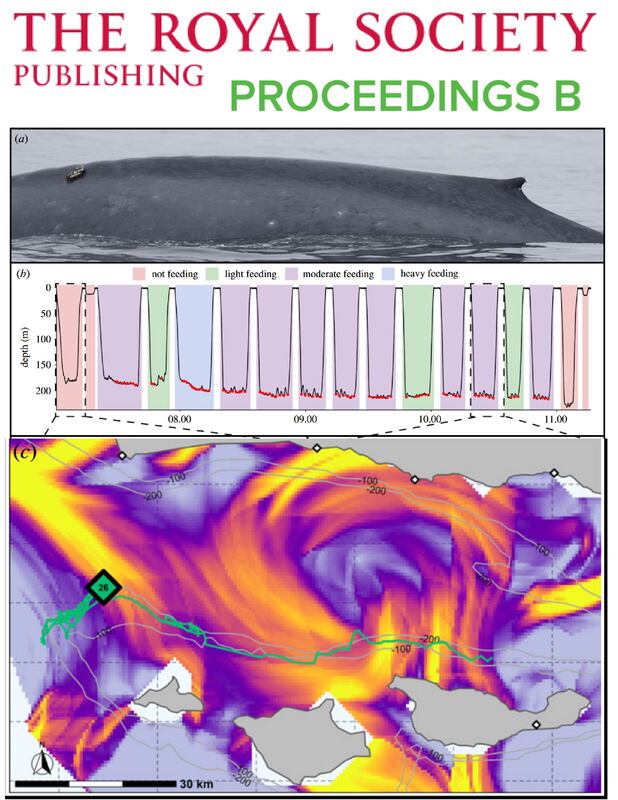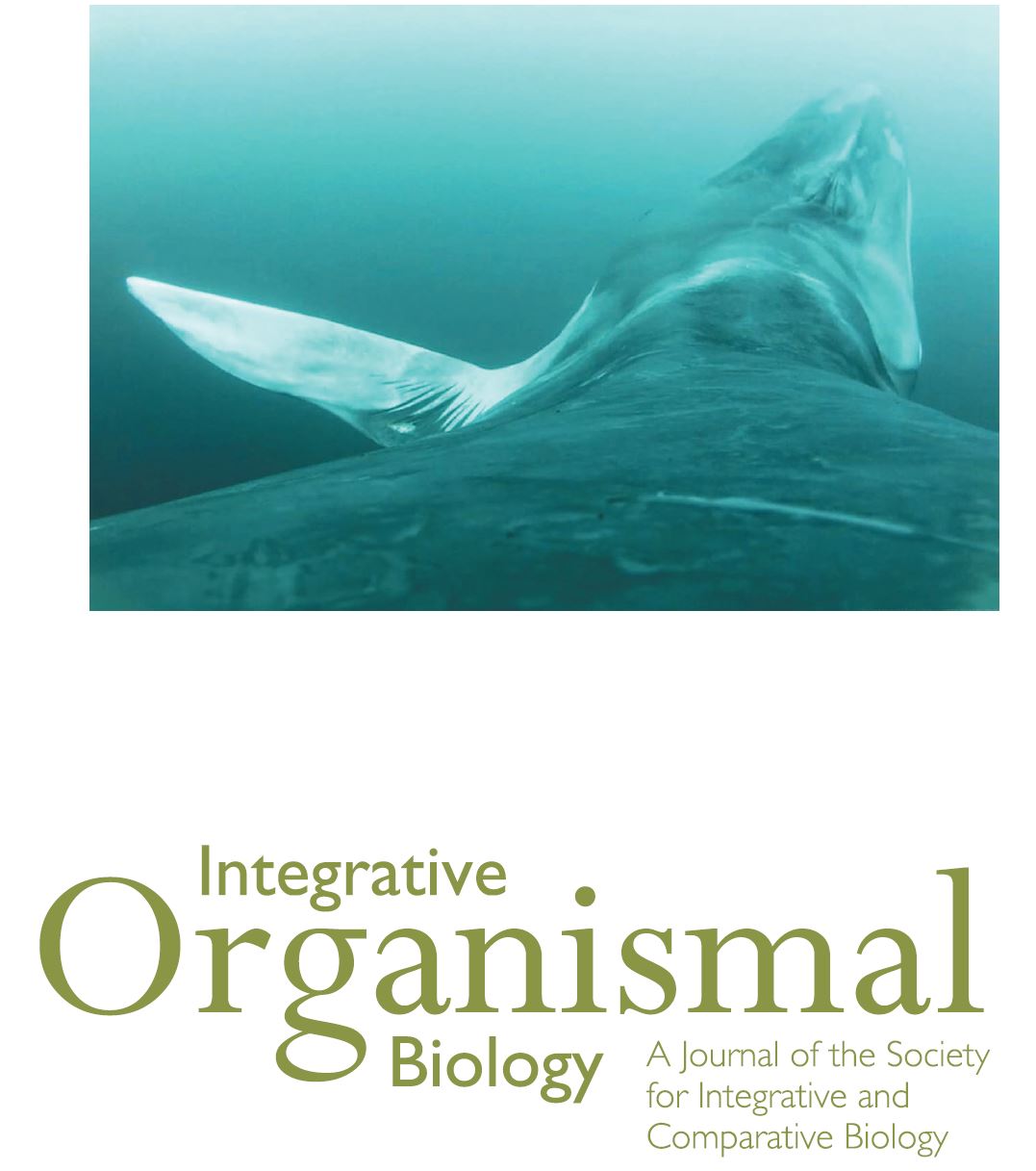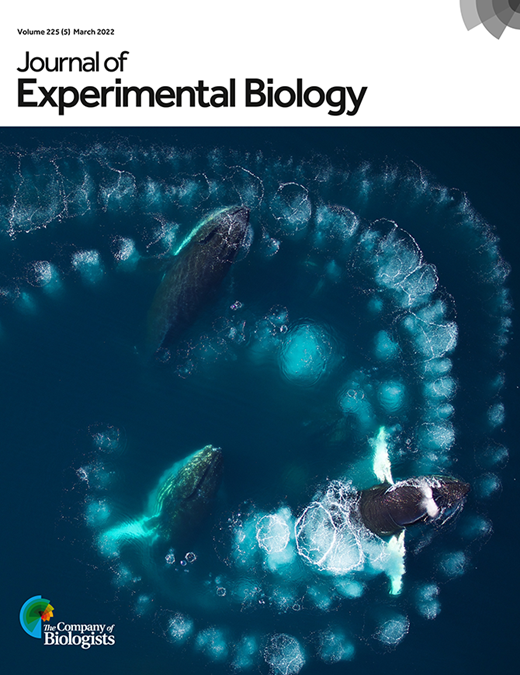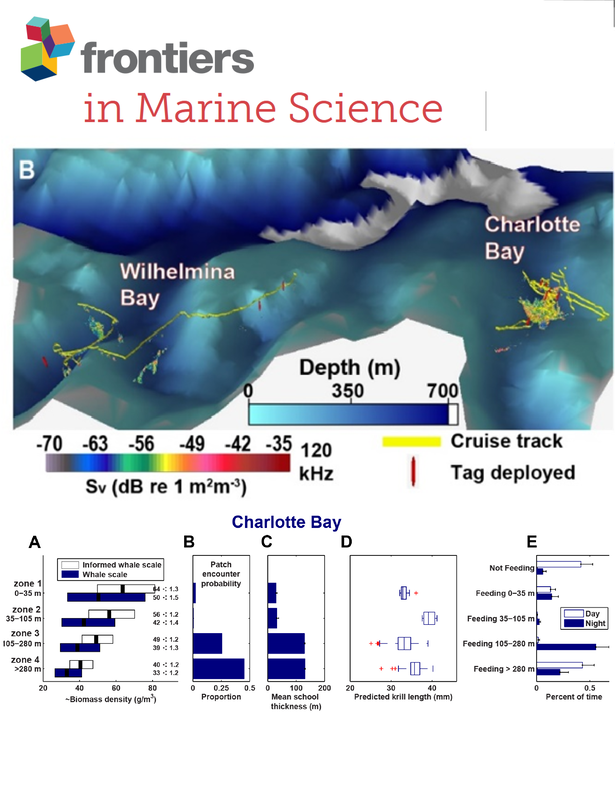News:The new PBS series, our Dynamic Planet, features the Antarctic humpback studies of Dr. Cade and Dr. Kahane-Rapport.
Dr. Cade was invited to introduce the new Blue Whales 3D IMAX film at its premier at the California Science Center in May 2023. Working with the Center's amazing educational staff, he helped plan educational modules that link active blue whale research to K-12 math and science learning outcomes.
We are honored to announce that Dr. Cade was recently awarded the Early Career Award by the International Bio-logging Society at the 7th international conference. The award "recognizes early career researchers who are challenging themselves, or the field, and are making significant contributions to advancing bio-logging science through innovative projects." Dr. Cade was recognized specifically for "continually pushing the field by developing new bio-logging technologies and computational workflows that have changed the way we study predator/prey dynamics in the open ocean. Dr. Cade has also spearheaded outreach efforts in the bio-logging field by mentoring under-represented students at local high schools."
Congratulations to all three Early Career Awardees, including Dr. Anna Sequeira and Dr. Briana Abrahms! You can watch the award ceremony here. New collaboration with the American Museum of Natural History:
|
I am an active researcher at the intersection of oceanography, physiology, ecology, engineering, acoustics, signal processing, marine biology and biomechanics. I am interested in how organisms group together in spatially and temporally restricted patches, and how predators can exploit these patches.
Trained as an educator, I spent 6 years teaching high school math after 6 years guiding wilderness trips. My career-long commitment has been to the idea that high-quality education can be a gateway to success, and I have worked to increase educational opportunities and access for young people from all walks of life. Open access Matlab tools for processing bio-logging data recently published:
|
New research!
|
|
Antarctic minke whales, an intermediately sized Antarctic predator, utilize their icy habitats sympatrically with humpback whales, and he is interested in how those behaviors may have evolved. (It turns out they may be interested in him as well! ) (NMFS permit 23095)
|
Currently a post-doctoral researcher at Stanford University's Hopkins Marine Station, Dr. Cade's research interests span nested spatial and temporal domains, from sensory systems to bottom-up and top-down ecosystem processes. He is currently working with Dr. Jeremy Goldbogen's lab to characterize how how filter feeding both enables, and restricts, gigantism in marine organisms.
|
Proudly powered by Weebly
